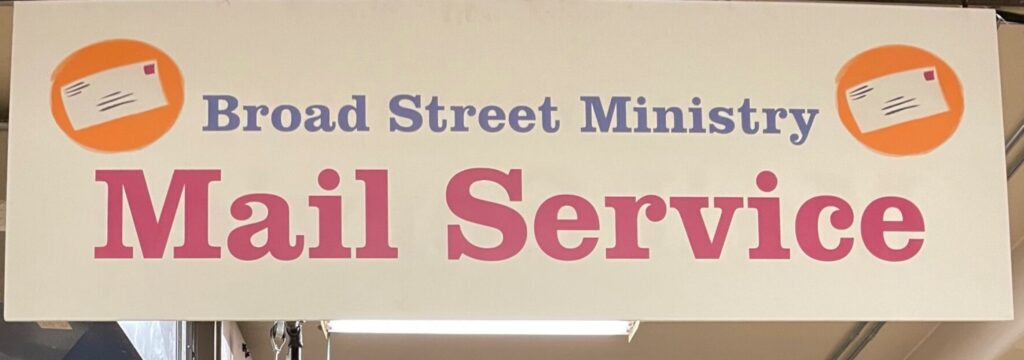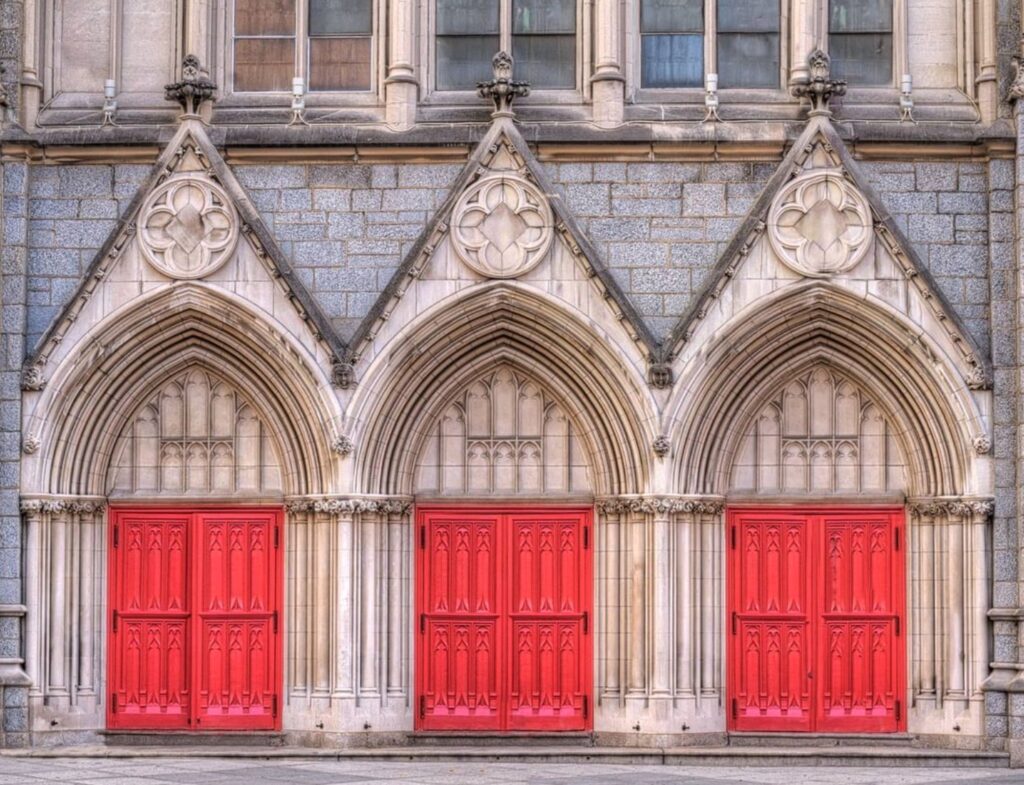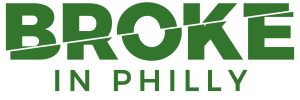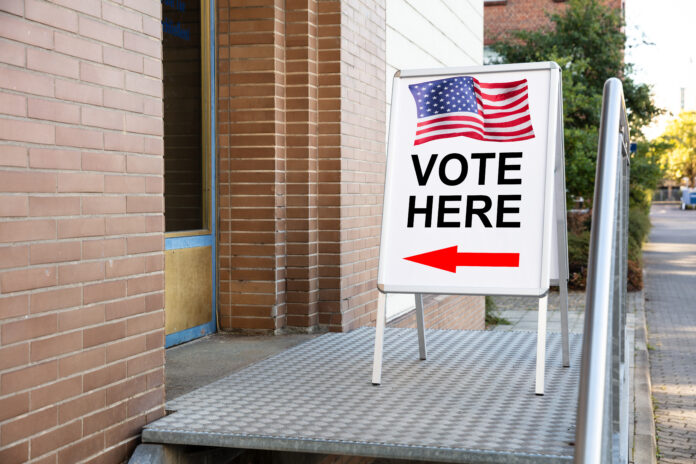As we approach the Pennsylvania primary election, voting is as important as ever. Yet there exist numerous roadblocks to voting for portions of the population, including people experiencing homelessness and housing insecurity. Having a permanent address, physically getting to a polling place and confusion about identification requirements have been barriers to voting for people experiencing homelessness, according to community sources.
“I don’t know what the turnout is, but I’m guessing it’s probably pretty low,” said José de Marco, ACT UP Philly organizer and the founder of Black and Latinx Community Control. “I do know that there’s thousands of people getting mail at Prevention Point as a homeless shelter.”
De Marco said that ACT UP organizers planned an initiative to try to increase voter registration for people living with HIV, including people experiencing homelessness.
“As homeless communities we realize voting is our political currency,” de Marco said. “This election season we will spend it on candidates that care about the needs of all the constituents. Homeless or housed. Drug addictions or not. [Policy-makers] have had decades to correct these issues. There should be term limits on City Council that have generated the homelessness crisis.”
City Commissioner Lisa Deeley, whose work centers around voter registration, said that one of the big barriers for people experiencing homelessness and voting is education.
“People don’t even realize that although their circumstances have led them to homelessness, they still can vote,” Deeley said. She pointed to organizations like Broad Street Ministry and Project Home that run initiatives to help people experiencing homelessness register to vote and get to the polls.
“We’re hoping that we can get to a point where we can have a bigger buy-in from other organizations and nonprofits to allow people that are homeless to have a mailing address,” Deeley said. “That is one of the bigger harbingers to voting for them.”
Broad Street Ministry provides a mailing service for over 4,000 people experiencing unstable housing or who don’t have a mailing address.
“A lot of times you need an address in order to access IDs, employment, insurance and all of those things, including voter registration,” said Geremi James, chief program officer at Broad Street Ministry.

Broad Street Ministry also offers a Reentry Program wherein the organization partners with different agencies to provide a “soft landing” for people coming out of incarceration. One of the resources that Broad Street provides through that program is a pre-release mail service for returning citizens, so they can start receiving mail at the organization’s address sooner than later.
James said that she thinks that a lack of mailing address is one of the biggest barriers to voting for people experiencing homelessness, “because of the misinformation out there about who’s allowed to sign up to vote and where people’s polling places are,” she said. “As well as just needing a place to receive a voter registration form so they can vote at a new facility once they’ve changed addresses.”
The Broad Street team helps people register to vote throughout the year, including initiatives leading up to the primary election. James discussed a few long term solutions to eliminating the barriers to voting for people experiencing homelessness, including making voter information available in different media.
“Not just having information about voting online, or having different access points for people to be able to discover what their information is,” she said. She also stressed the importance of having access to ID, especially when going to a new polling place for the first time.
James mentioned that PennDOT is working with Broad Street Ministry to provide free IDs for people who are living on the street in hopes of further lowering barriers. “Just expanding those initiatives to other low-income populations is really helpful in increasing the voting in Philadelphia,” she added.

Samantha Philips, reentry coordinator at Broad Street Ministry, is launching a new component to the organization’s voting initiative that will include a peer-led aspect and an art element. Starting Tuesday, May 10 and lasting for about 16 weeks, Philips and their colleagues will have an artist-led table in Broad Street Ministry’s sanctuary every week where guests can come in, speak with the artist and participate in projects rooted in civic engagement and their own values.
“It’s going to be led by us, by our guests, and have the guests really lead the conversation through this art component,” Philips said.
SELF, Inc. is another local organization that facilitates voter registration and education initiatives. Quintin Kennedy, director of quality improvement and participant experience at SELF, has been involved in running that initiative since 2018. SELF works with the City of Philadelphia to provide permanent and temporary housing, access to shelters, physical and mental health services and more.
As part of the voting initiative, Kennedy and his colleagues help participants register to vote, find their polling places, change their address if need be and encourage them to head to the polls on election day. “It’s a daily push,” Kennedy said.
Echoing Deeley and James, Kennedy said that he thinks one of the biggest challenges to voting for people who have experienced homelessness is changing their address.
“A lot of the individuals we work with, they don’t remember the last place they were registered to vote at,” Kennedy said. “We’ll try to help them get that information so they know where their polling place is.”
If the participant’s polling place is too far from their new address at one of SELF’s housing locations, Kennedy and the team help them change their address to more easily access their polling place. Another SELF staffer said that the fact that people experiencing housing insecurity can use SELF’s emergency housing as their address when they register to vote, makes a difference.
In addition to logistics, SELF staffers also facilitate voter education for participants.
“We explain to them that their vote matters,” Kennedy said. “I try to relate with them directly that it may affect their food stamps or something like that. I try to bring up something that would directly affect them and encourage them to make their own decision.”
SELF is one of several organizations that partnered with City Commissioner Omar Sabir in 2020 as part of the Our Votes Count Too Coalition, which facilitated voter registration, education and offered poll worker opportunities. Under the Octavius Catto Taskforce that Sabir created, the coalition consisted of a group of activists, elected officials, community leaders and business owners. Although the pandemic threw a wrench in this voting initiative, Sabir and his colleagues plan to revive those efforts now that society is exiting the emergency phase of COVID-19.
Sabir said that he believes the biggest barrier to voting for people experiencing homelessness is that community leaders are not talking to that population about voting.
“I think people have to talk to each population to make them feel more involved in the political process,” Sabir said. “We speak to the homeless population and let them know that we’re not going to allow homelessness to stop them from participating in our fundamental democracy. As we’re talking to a lot of the constituents, they’re saying things like, ‘I don’t count.’ What we want to say to you is that you do count.”
In terms of voter registration, there are about a million people registered to vote in Philadelphia, which translates to 90% of eligible voters, Sabir said.
When it comes to working with people experiencing homelessness or housing insecurity, merely asking people to vote is not enough, Sabir said. He suggested approaching their situations holistically by saying something like, “‘hey man, we want you to vote, we know you’ve been going through tough times. But we have some information maybe for a place for you to stay at.’ We have to be able to provide everything that’s in goodness. A lot of people who are doing great things for the community have to tie each other together. I think sometimes you have one issue, you’ve got to give it all to people at one time. I think that will increase turnout.”

